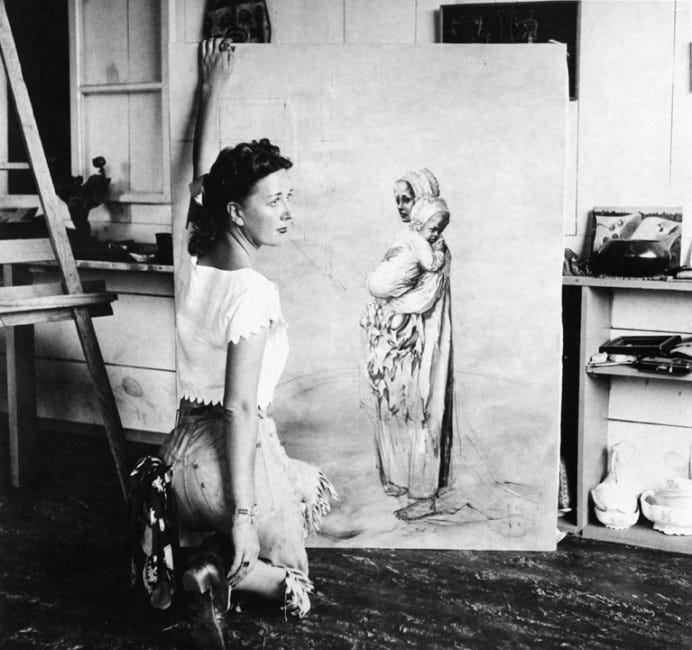Bias for action
Inertia — 225

I believed for some time that if I was good enough at something, the world would eventually notice. So I’d sit in my room, refining work that never left my desk, perfecting ideas that lived only head. I called it being thoughtful. Really, I was hiding.
From here, two types of people will beat you. The first one favours action over your rumination. When they have an idea, they go out and test it to move forward. The second person just asks for what they want without shame or hesitation. They apply for jobs, pitch their services, reach out to strangers. You can be more talented than both, but with no bias for action, what does your talent really mean?
Two people approach the same opportunity, the first person—less experienced than the other—reaches out to people immediately, asks direct questions, and submits their application the same day. The second person, arguably more qualified, spends weeks researching every angle and knows enough to be great, but misses the deadline entirely. The first person will always put the other’s experience to bed and take the opportunity.
You don’t need to rush or be reckless to seize everything coming your way. It’s about understanding that action creates the information that thinking alone cannot give you. I’m one month into a new job now and taking this lesson in my stride. When you send an email, learn where there’s interest. When you make the ask, discover what you can set as an accomplishment and where there are gaps you need to fill. A business owner said it to me a few days ago: starting a business is one thing, but running it is when you encounter the many many challenges that no amount of planning will show you.
The person who acts regularly builds something more valuable than perfect strategy: a tolerance for uncertainty. You learn that most rejections aren’t personal failures, but mismatches. Most opportunities exist where you never knew to explore, you can’t rely on it to come up in your blueprints. You sometimes need to go out and feel the discomfort to develop comfort with imperfection, and belief in your ability to course-correct along the way.
There’s a difference between being thoughtful and just paralysed by thought. Thoughful action moves with the curiosity of what might unfold. Analysis paralysis circles around imagined obstacles and hypothetical failures, creating tepid stories about why now is the wrong time.
A shift happens when you know that a bias for action isn’t about being impulsive. You just trust your ability to handle whatever comes out of sincere effort. You learn that, as expected, course corrections are only possible when you’re moving.
I think of it as the difference between being a student of life and a scholar of living. The scholar accumulates knowledge about what things are and how it works and becomes a great peron to have at a general knowledge quiz. But the student discovers how things actually work through direct engagement. Not only that, but they pick up connections, opportunities, professional relationships, and more.
The world responds to people who move with intention, even when that movement is imperfect. Others create plans, they create momentum. While others only imagine understanding, they gather it through interaction. While others wait for attention, they learn to attract it. And others are left waiting because all the attention’s gone to the person with the gravity that pulls it.
You still need genuine reflection and a tendency to think before rushing into something. But it’s so you learn to sense when your thinking is going in circles, when your preparation is turning from readiness into avoidance. It’s discerning when you’re genuinely not ready versus when you’re simply afraid.
The people who create consistent change are rarely the most talented or prepared. They’re the ones who walk. They go towards what calls them with clarity and trust the path revealing itself while they walk. Because you don’t need to map every step in your life in advance.
In those earlier years, I found comfort in confusing preparation with progress. I thought, “more thinking means more will come out of it”, but action creates the bridge, not the drawing.
Talent is important. But it is nothing without a willingness to act—to ask, to begin, to show up imperfectly. Talent will keep your hands steady whenever you take a shot into the uncertain, but in order to achieve great things and create the life you want, you need to release your arrow. Otherwise, someone else will beat you to it.


